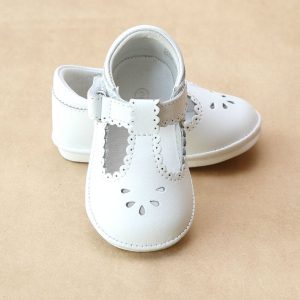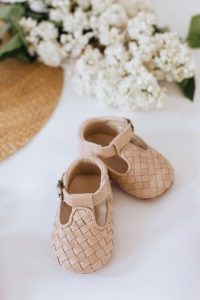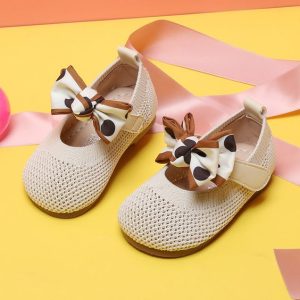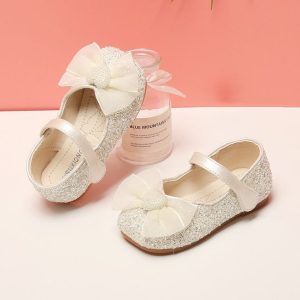Physical Address
304 North Cardinal St.
Dorchester Center, MA 02124
Physical Address
304 North Cardinal St.
Dorchester Center, MA 02124

Many parents wonder if shoes are necessary for their babies when they’re learning to walk. The answer is no, shoes are not required for learning to walk. Do shoes really help babies walk? In fact, barefoot walking can actually be beneficial for babies’ development.
Bare feet allow babies to grip the floor with their toes, which helps strengthen the muscles in their feet and ankles. Stronger muscles lead to better balance and coordination.
Babies learn about the world through their senses. Feeling different textures with their bare feet helps stimulate sensory development.
When babies walk barefoot, they can feel the ground more effectively. This helps them to develop better balance and proprioception, which is the body’s awareness of its position in space.
Shoes can restrict the natural movement of a baby’s foot. Walking barefoot allows babies to develop a more natural walking pattern.

There are some situations where shoes might be necessary for babies:
Hot or cold weather: Shoes can protect babies’ feet from hot pavement or cold surfaces.
Rough terrain: Shoes can protect babies’ feet from sharp objects or rough surfaces.
Medical conditions: In some cases, a doctor may recommend shoes for babies with certain medical conditions.
Do shoes really help babies walk? If you do decide to put shoes on your baby, it’s important to choose the right ones. Here are some tips:
Look for soft, flexible shoes: Shoes should allow for natural movement of the foot.
Choose the right size: Shoes should fit snugly but not be too tight.
Avoid shoes with hard soles or high tops: These can restrict movement and make it difficult for babies to walk.

If your baby has been walking barefoot, you can slowly transition them to shoes. Here are some tips:
Start with short periods of time: Let your baby wear shoes for short periods at first, such as when you’re going outside.
Choose comfortable shoes: Make sure the shoes you choose are comfortable and easy for your baby to walk in.
Pay attention to your baby’s cues: If your baby seems uncomfortable or is having trouble walking in shoes, take them off.
In most cases, shoes are not necessary for babies when they’re learning to walk. Barefoot walking can actually be beneficial for their development. However, there are some situations where shoes may be necessary. If you do choose to put shoes on your baby, make sure to choose the right ones and transition them slowly.
While barefoot walking offers many benefits, there are some safety considerations to keep in mind:

Do shoes really help babies walk? Whether your baby is walking barefoot or in shoes, it’s important to supervise them closely. This is especially important during the learning-to-walk stage. Look out for any signs of discomfort or difficulty walking.
If you have any concerns about your baby’s walking development, talk to your pediatrician. They can assess your baby’s individual needs and offer guidance on footwear or any other concerns you might have.
When you create a safe environment for barefoot walking, your baby can reap the benefits:

Barefoot walking is just one part of a healthy routine for your baby. Here are some other ways to encourage playtime and development:
By creating a stimulating and safe environment, you can help your baby reach their developmental milestones, whether they’re walking barefoot or in shoes.
While barefoot walking offers many benefits, there are times when shoes might be necessary for your baby’s developing feet. Here are some factors to consider:

If you decide to put shoes on your baby, it’s important to choose wisely. Look for shoes that:
If your baby has been walking barefoot, transition them to shoes gradually: